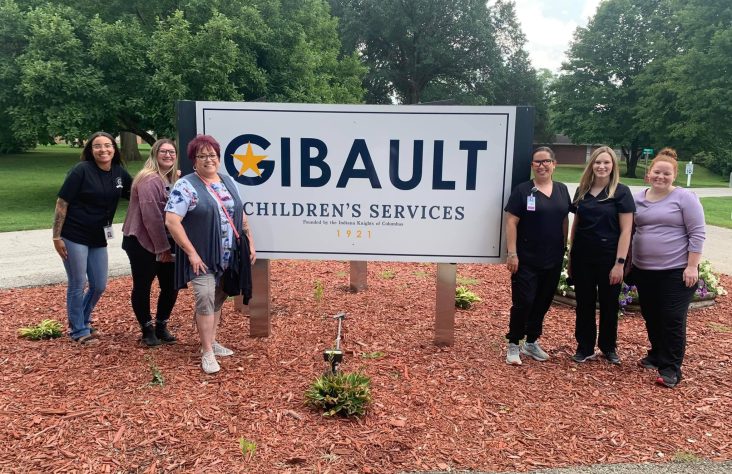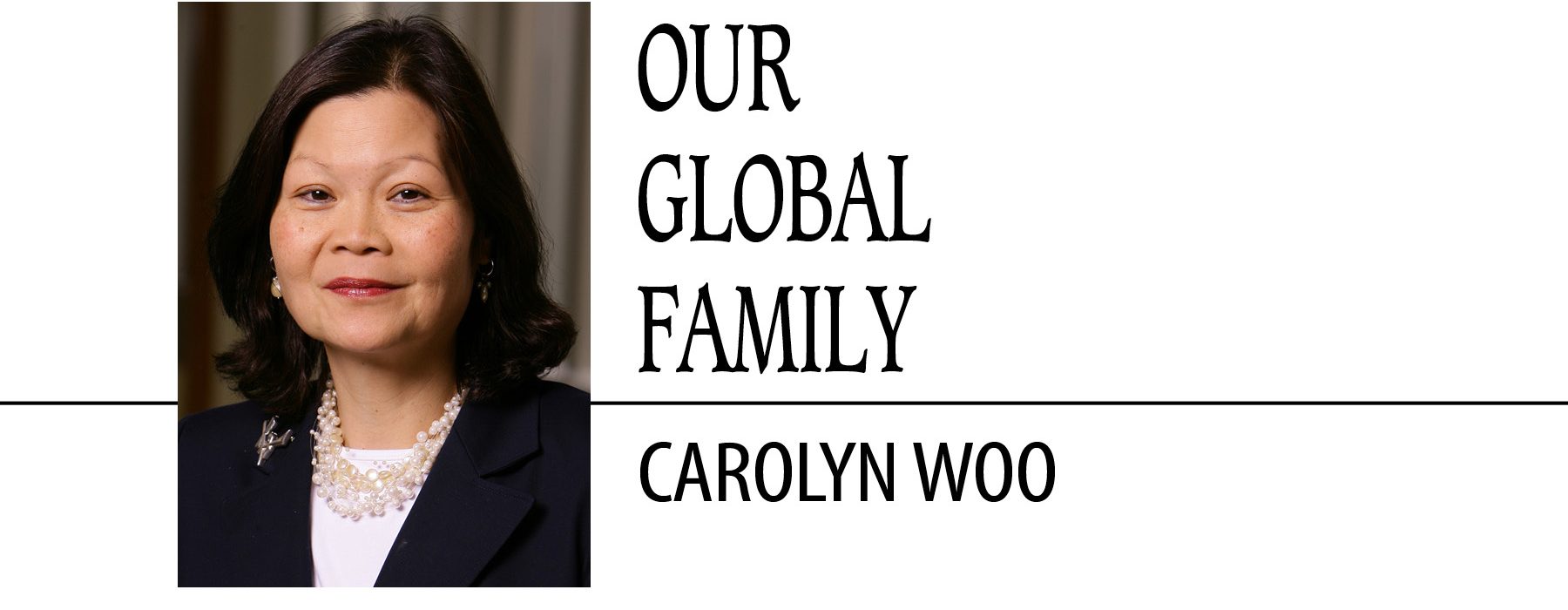November 12, 2019 // Perspective
Invest for a clean economy
This essay is the third and final installment on the Vatican’s dialogue on “The Energy Transition and Care of Our Common Home.” It describes the second of two statements signed unanimously by leaders from the oil and gas, investment, renewables, insurance and nonprofit sectors.
The statement addresses reporting on climate risks by corporations, calling them to “provide clarity for investors about how they are planning and investing for the energy transition.”
In addition, boards of directors are asked to assume oversight for climate-related issues and investors to play a critical role in bringing about meaningful and relevant disclosure that enables monitoring and appropriate actions.
Admittedly, financial reporting is not the usual focus of Vatican teachings. So why? Pope Francis spoke to the attendees:
“Transparency in reporting climate risk is essential because economic resources must be deployed where they can do the most good. Open, transparent, science-based and standardized reporting is in the common interests of all, enabling financial capital to move to those areas that support ‘the fullest possibilities to human ingenuity to create and innovate, while at the same time protecting the environment and creating more sources of employment.’”
The Catholic conversation on the climate crisis has largely spotlighted the area of personal behavior and our daily habits. Yes, we should definitely buy less, minimize waste and wastefulness, cut down on driving, reset the thermostat, replace less efficient lightbulbs, conserve water, plant trees, etc.
Yet in the end, what we can do personally is bracketed by the types of cars that are available and affordable, the energy source for our electricity, how our homes are heated and the processes by which our food and products are grown and made.
These limits result from the choices and actions of businesses and in turn govern how far and fast we, as individuals, families and communities, can go. In the United States, almost 70% of carbon emissions can be attributed to transportation (29%), electricity (28%) and agriculture (9%).
The enormity of climate change can overwhelm us. But we have the know-how, technology and even the capital to address the challenges and limit further emissions to the Paris goals.
In the United States alone, after-tax corporate profits in 2018 amounted to nearly $2 trillion. Corporations can choose to use these for dividends, buy back their own shares, invest in their current trajectories or aggressively move toward decarbonization. There is inertia and “stickiness” in changing priorities. As such, investors must understand and weigh in on how capital is really deployed and what emphasis is given to climate action.
Quality disclosure does not just benefit the environment. It also protects stakeholders, including employees, the communities they operate in, customers, lenders, investors, insurers and ultimately taxpayers who fund infrastructure and relief assistance. We have seen the physical, economic, social and psychological consequences of wildfires, droughts, floods, etc.
There are also political and regulatory risks if emissions standards are raised, possibly curtailing the demand for certain fuels, raising the costs of compliance, and imposing fines and liabilities. Disclosures can incentivize companies to be strategic and thoughtful in their transition so that we do not stumble into an abrupt awakening that destroys livelihoods, smashes nest eggs and destabilizes the economy.
On all fronts, climate crisis is a relentless assault on the human race and our common home. Why would we not use all our means, including savings and investments, to stop its destruction?
The best news. Delivered to your inbox.
Subscribe to our mailing list today.






